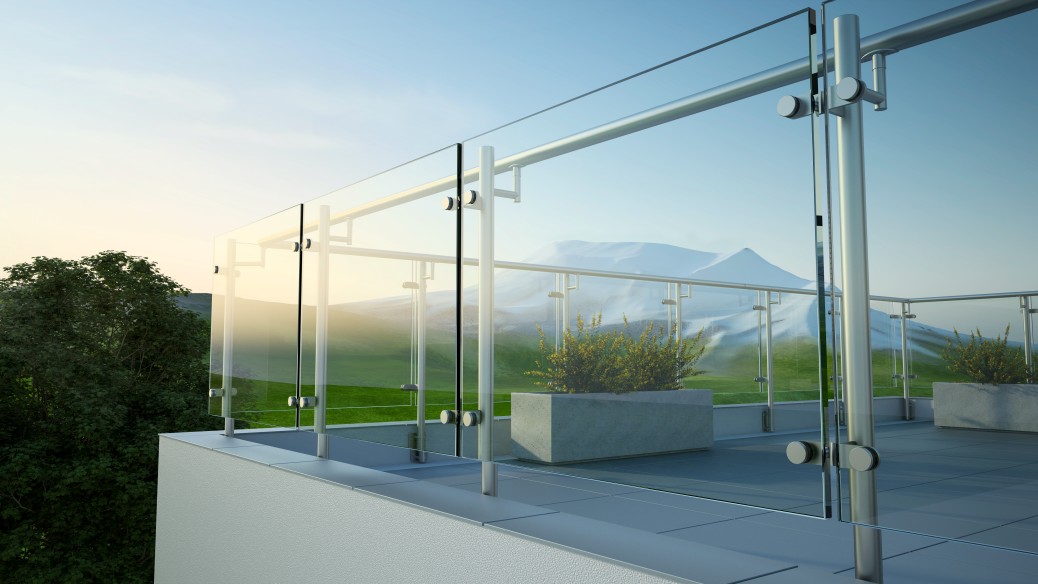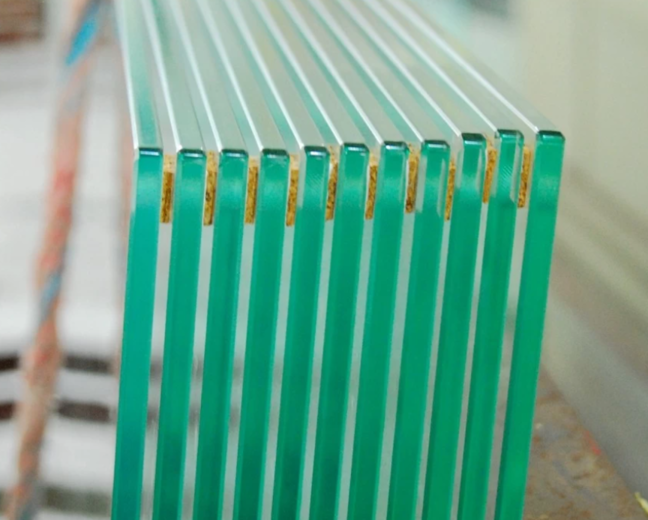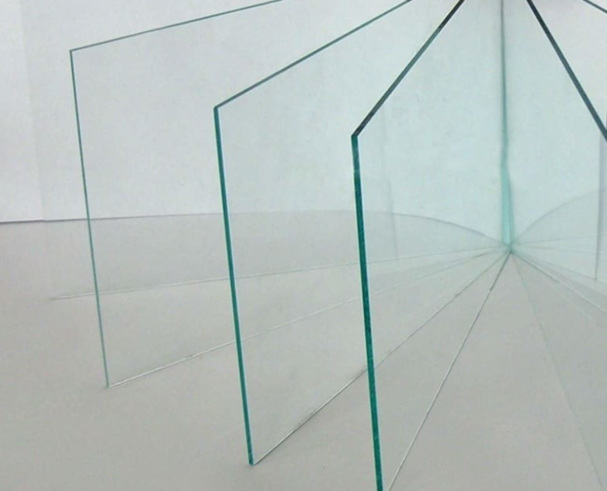
Exploring the Strength and Versatility of Toughened Glass
Toughened glass, also known as tempered glass, is a type of safety glass that undergoes a specialized thermal or chemical treatment process to increase its strength and durability. Widely used in various applications ranging from architecture to automotive and household products, toughened glass offers unparalleled safety and performance. In this comprehensive guide, we will delve into the characteristics, uses, and intriguing facts about toughened glass, shedding light on its importance and versatility in modern society.
Characteristics of Toughened Glass:
Increased Strength: Toughened glass is approximately four to five times stronger than regular glass of the same thickness, making it highly resistant to impact and breakage.
Safety: When toughened glass does break, it shatters into small, blunt fragments instead of sharp shards, reducing the risk of injury to occupants.
Heat Resistance: Toughened glass can withstand higher temperatures than regular glass, making it suitable for applications where thermal stress is a concern, such as oven doors and fireplace screens.
Durability: Toughened glass is more resistant to scratches, abrasions, and surface damage compared to regular glass, ensuring long-lasting performance in various environments.
Uniformity: Toughened glass exhibits uniform strength and consistency across its entire surface, minimizing the risk of weak spots or imperfections.
Transparency: Toughened glass maintains optical clarity and transparency, allowing for clear visibility and enhancing the aesthetic appeal of architectural and design applications.
Flexibility: Despite its increased strength, toughened glass retains some degree of flexibility, allowing it to bend slightly under pressure without breaking.

Uses of Toughened Glass:
Architectural Applications: Toughened glass is widely used in architectural projects for windows, doors, facades, partitions, and balustrades due to its strength, safety, and aesthetic appeal.
Automotive Industry: Toughened glass is used in automotive applications such as windshields, side windows, and rear windows to enhance safety and provide protection against impact and breakage.
Household Products: Toughened glass is utilized in household products including kitchenware, cooktops, shower screens, and tabletops for its durability, heat resistance, and safety features.
Electronics: Toughened glass is commonly used as a protective cover for electronic devices such as smartphones, tablets, and touchscreens, providing scratch resistance and impact protection.
Furniture: Toughened glass is incorporated into furniture designs such as shelves, tabletops, and cabinets for its strength, clarity, and modern aesthetic.
Retail and Display: Toughened glass is employed in retail environments for display cases, shelving units, and signage due to its durability, transparency, and visual appeal.
Fascinating Facts about Toughened Glass:
Toughened glass was invented in the early 20th century by French chemist Édouard Bénédictus, who discovered that a layer of cellulose nitrate could prevent glass from shattering upon impact.
Toughened glass undergoes a specialized tempering process involving rapid heating and cooling to induce compressive stress on the surface, increasing its strength and resilience.

Toughened glass is often referred to as “safety glass” due to its ability to break into small, relatively harmless fragments when shattered, reducing the risk of injury.
Toughened glass is a preferred choice for architectural projects in earthquake-prone regions, as its flexibility and strength help buildings withstand seismic forces.
Toughened glass is recyclable and can be reused in various applications, contributing to sustainability efforts and reducing environmental impact.
Toughened glass can be customized with tinting, frosting, or decorative patterns to enhance privacy, aesthetics, and branding in architectural and design projects.
Toughened glass is subjected to rigorous quality control and testing procedures to ensure compliance with safety standards and specifications.
Toughened glass is a remarkable material that combines strength, safety, and versatility, making it an essential component in a wide range of applications. From architectural landmarks to everyday household products, toughened glass plays a vital role in enhancing safety, aesthetics, and functionality. As technological advancements continue to drive innovation in glass manufacturing, the future of toughened glass looks brighter than ever, offering endless possibilities for creative design, sustainable construction, and improved safety standards in the modern world.





